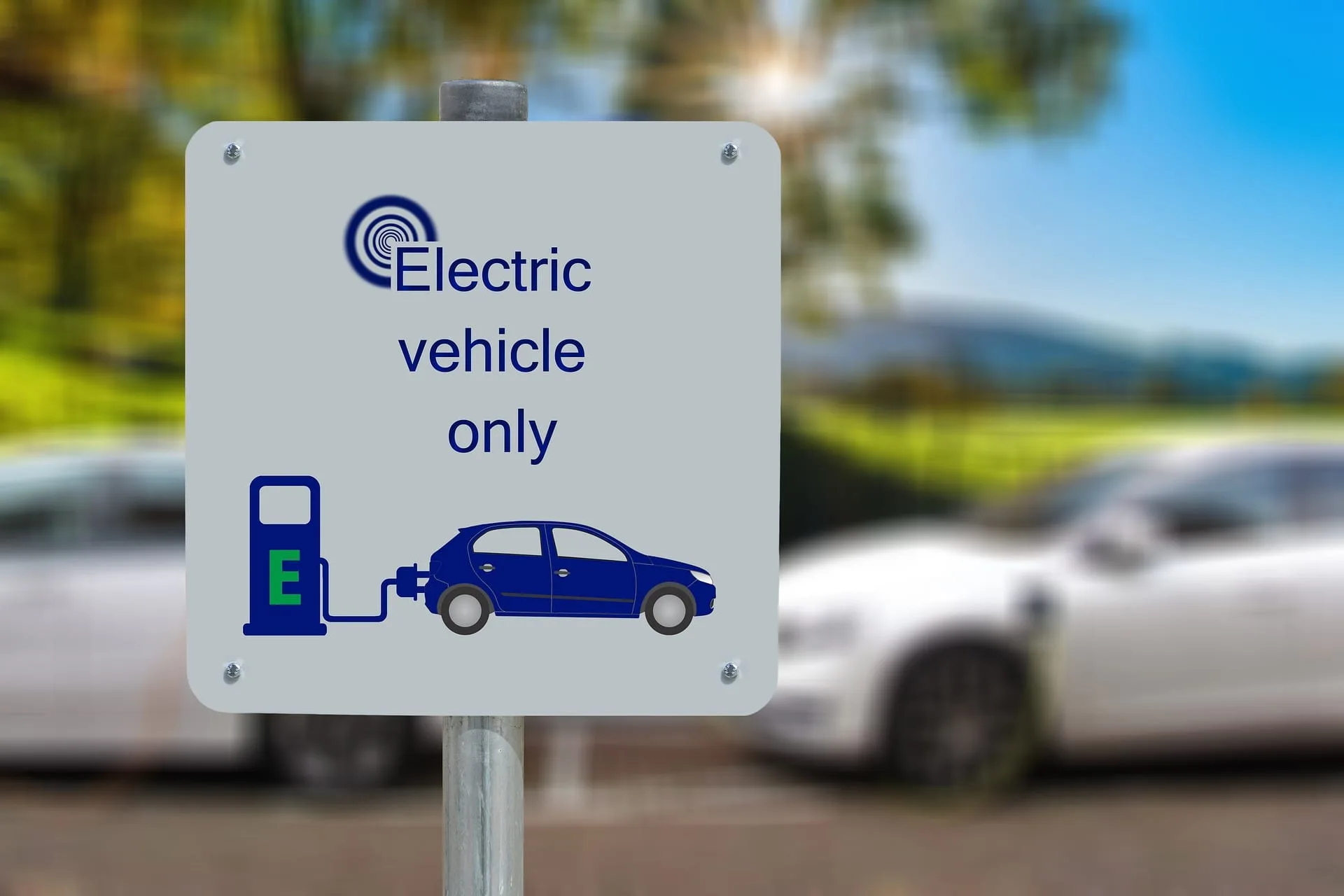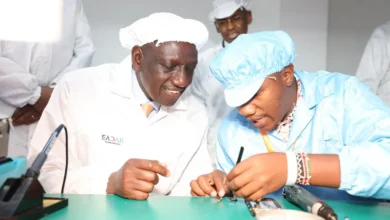In the past few months, we’ve seen growing conversation around electric vehicles ( EVs ) in Kenya. A couple of startups have come in to the market. Different players have talked about embracing the new green world. And, we’re even seeing KenGen and Kenya Power talking about charging stations and more.
We’ve had electric cars in the space for a while though. There was Nopea, who competed with the likes of Uber and Little, while using 100% electric Nissan Leafs. Recently, we’ve seen Trademark Hotel introduce the same cars for guest transfers.
Ownership interest around electric cars has also been on the rise. This is evident in the uptake of things like electric tuktuks and electric motorbikes. A fair share of food deliveries in Nairobi already use electric bikes, whether designed from the ground up, or modified to include batteries.
The fact is this: in a few years, we will be seeing a lot more EVs in this market. And many will be older cars, previously used in other markets. That’s how our market operates: we buy pre-used cars at sometimes exorbitant prices thanks mostly to taxation.
That makes us a good place for countries to dump their problems. We’ve seen this with computers, we’ve seen it with 2nd-hand petrol and diesel cars. And if we don’t do something, we will see it with electric cars.
Where will dead batteries go?
Electric cars use batteries… lots of batteries. And these batteries die over time. It’s a fact, no matter the arguments car companies give. Yes, we’ve seen research around making them last longer, and having them not overhear, or combust. But the fact is the batteries die after long periods of use.
By the time these cars will be landing on Kenyan shores, these batteries will probably be 5 to 7 years old. At this age, they’re spent. They cannot guarantee the same mileage, the same safety as they would when new. This is when we will see problems. The countries exporting them to us won’t care.
Kenyans cannot all reuse and recycle batteries. Not with the way we’ve pushed access to electricity to the last mile (and plan to continue doing). So what will we do with all the batteries dumped here?
Legislation suggestions around used EVs for Kenyan market:
We can avoid the problems with proper legislation however. And these are my suggestions:
- Set laws to prioritise hybrid cars first.
- Set laws to ensure batteries are swapped with new ones before import
- Set laws to ensure original manufacturers extend warranty even for second hand imports
- Set laws to ensure original manufacturers plan on reuse and recycling of batteries locally
Prioritise Hybrid Cars:
Let there be laws set to encourage adoption of hybrid cars.
First of all, the range offered by electric cars as of now is nothing spectacular. Secondly, a used EV can’t offer the same range right now, as when it was new. Thirdly, we don’t as of now have a robust charging system in Kenya. So, the solution is hybrid cars first for the market.
Here are the benefits of hybrids:
- Best of both worlds – you get both the range of normal fuel cars, and the power of electric cars.
- Helps improve car’s efficiency, reducing emissions.
- Won’t be a problem for people doing long distances where there’s no charging system.
- Reduce need for dumping of batteries.
Batter swapping before export:
Let there be laws set to ensure each new electric car coming in to the market has had a battery swap done before export. This means it comes with a new battery, offering the maximum range as when it was new.
This will ensure the batteries last longer in this market. So that people don’t buy cars that die on them immediately they land here.
This can be done at the seller’s cost, or the car manufacturer’s cost – whichever works. As long as it doesn’t bring about a battery issue in Kenya.
Extended 2nd-hand Warranty:
Set laws that extend warranty even into second hand ownership. This will force manufacturers – be it Tesla, or Hyundai, or Nissan, or Toyota – to do the following:
- Offer maintenance to their cars, throughout the cars ownership changes
- Setup shop in Kenya, for servicing and more – hence payment of taxes and employment.
- Ensure their cars keep running for a long time, doing away with planned obsolescence.
- Find ways to reuse and recycle batteries locally, shifting the work to the manufacturers and not consumers, or government.
What are your thoughts?
Would you get an electric car in Kenya? Will you want it new or used? And how do you think it will serve you better, than current fossil-fuel powered cars?
Do you think Kenya will shift to EVs that fast?







